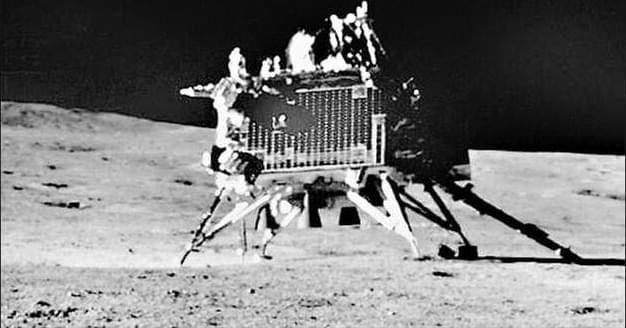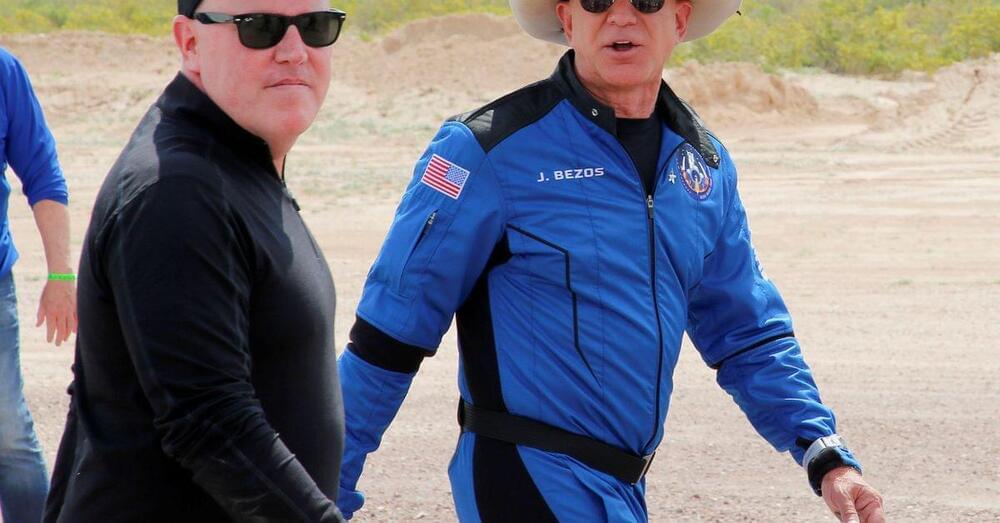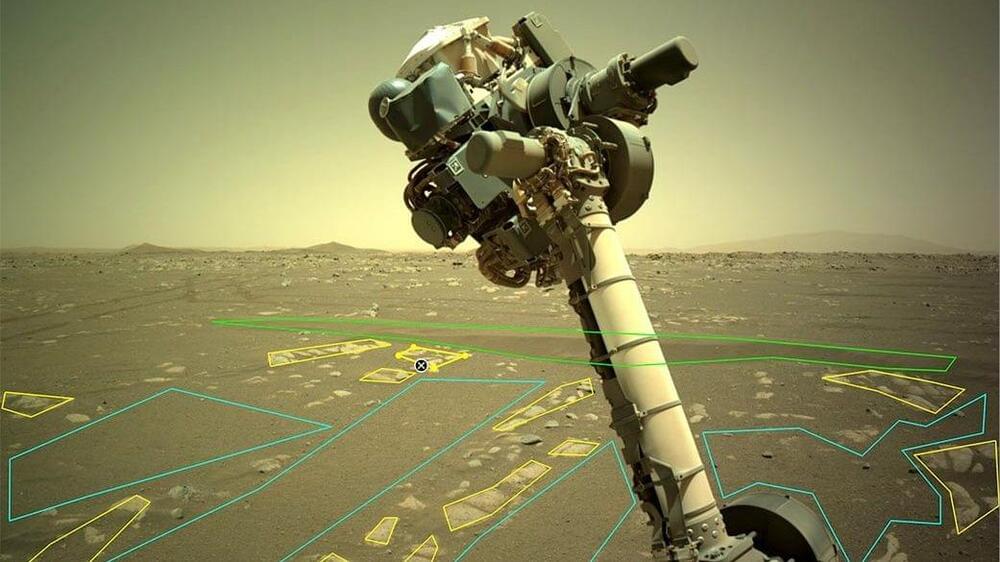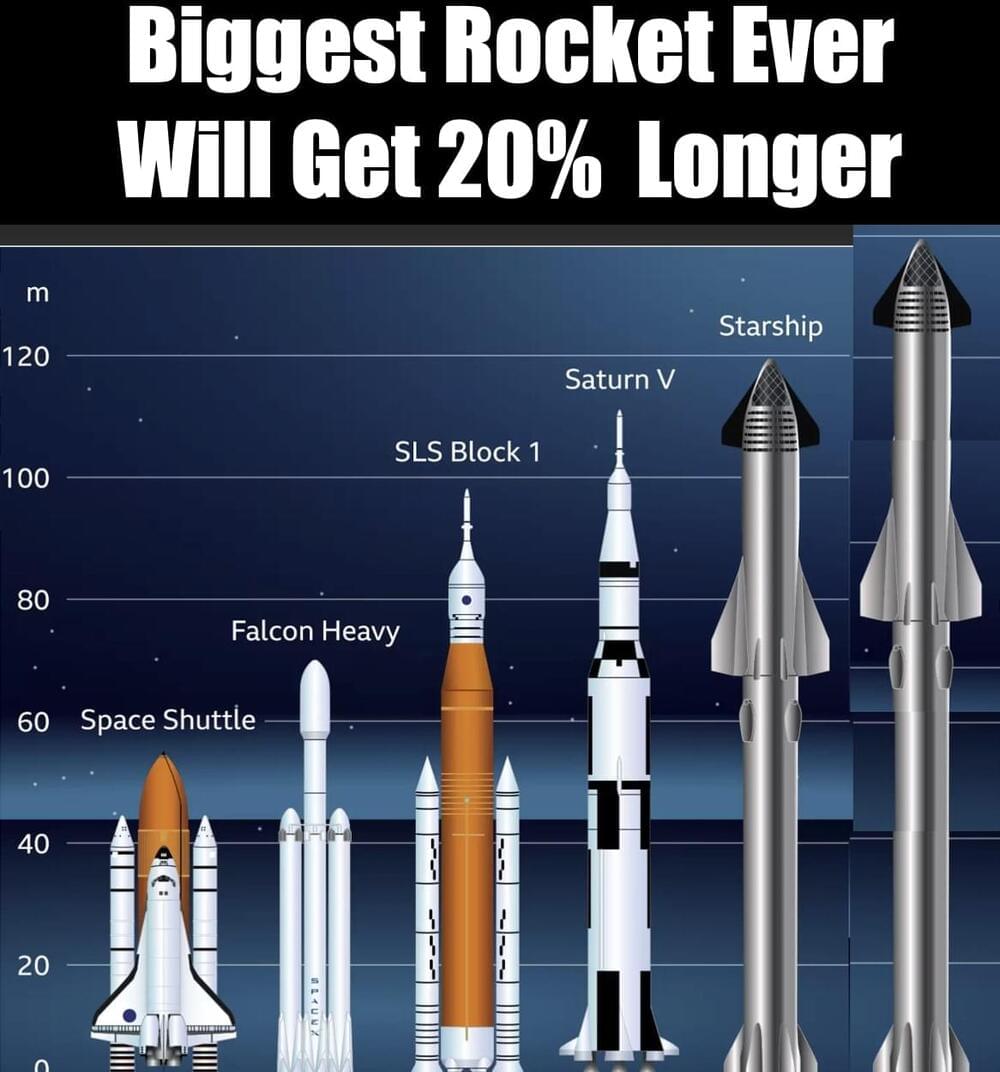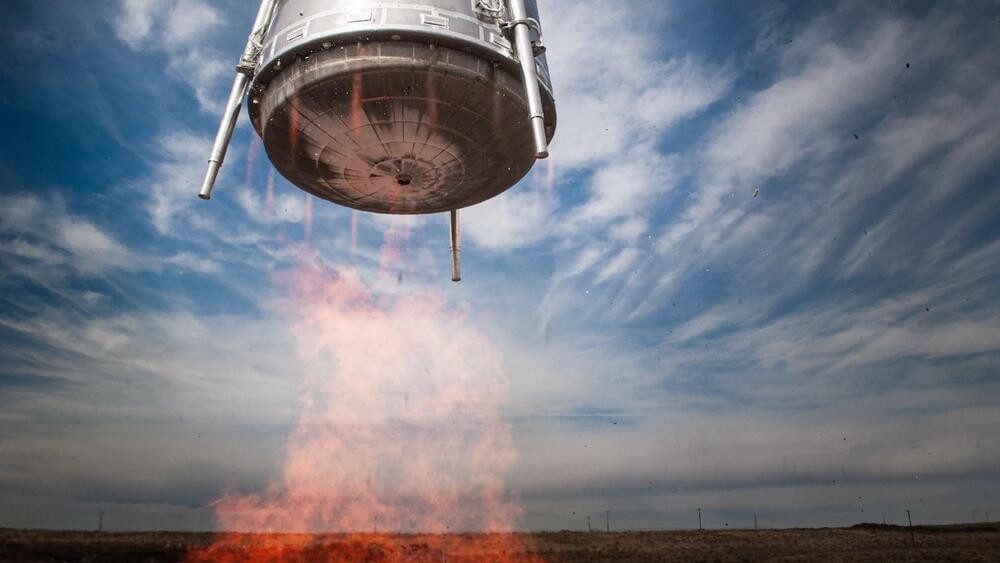India became only the fourth nation ever to land a spacecraft on the Moon earlier this summer. The Chandrayaan-3 mission is still technically underway, but its days may be numbered. After waiting several weeks for the lunar night to end, the Indian Space Research Organisation (ISRO) reports that the mission’s Vikram lander and Pragyan rover remain offline.
Chandrayaan-3 arrived in orbit of the Moon in July, right alongside Russia’s Luna-25 spacecraft. The uncrewed missions were both angling to be the first to touch down in the Moon’s southern polar region, an area where NASA hopes to send astronauts in the coming years. Russia was on course to land first, but a system error caused the vehicle to crash instead. That left India to land at its leisure, which it did on Aug. 23.
According to the Chandrayaan-3 team, they’ve attempted to contact the lander and rover now that the sun is shining again. However, no signals have been received from the surface. It’s possible Vikram (see above) and Pragyan are well and truly dead after several weeks in the frigid night. However, the ISRO hasn’t given up hope. Even if the batteries are empty, the hardware may still be working. Given some time to soak in the rays, the robots could still come back online.
